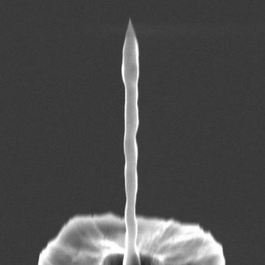
In our experience (and by reports of our customers), these probes show better scanning data for almost all types of surfaces. They are especially effective for high objects of 1 um and higher.
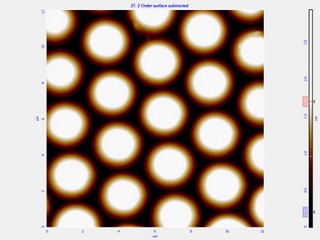
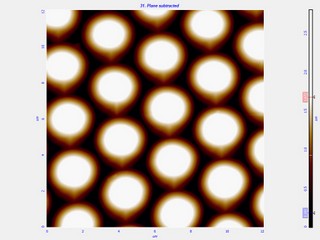
At the moment Etalon Premium probes presented only with HA_NC-based lever parameters. But in the first half of 2019 we plan to expand this product line by HA_C, HA_CNC, HA_FM and HA_HR Premium models. Condutive Etalon Premium cantilevers will be also designed soon.
More detailed technical data can be found on Etalon Premium product page. We hope that our new products will suit well for your investigations!
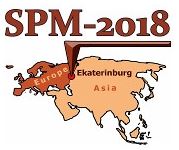
We appreciate our colleagues from Ural Federal University - for warm wellcome and excellent organization of all events and lectures, and many interesting people who we met during the conference - for great pastime and valuable ideas for our next developments and common projects.
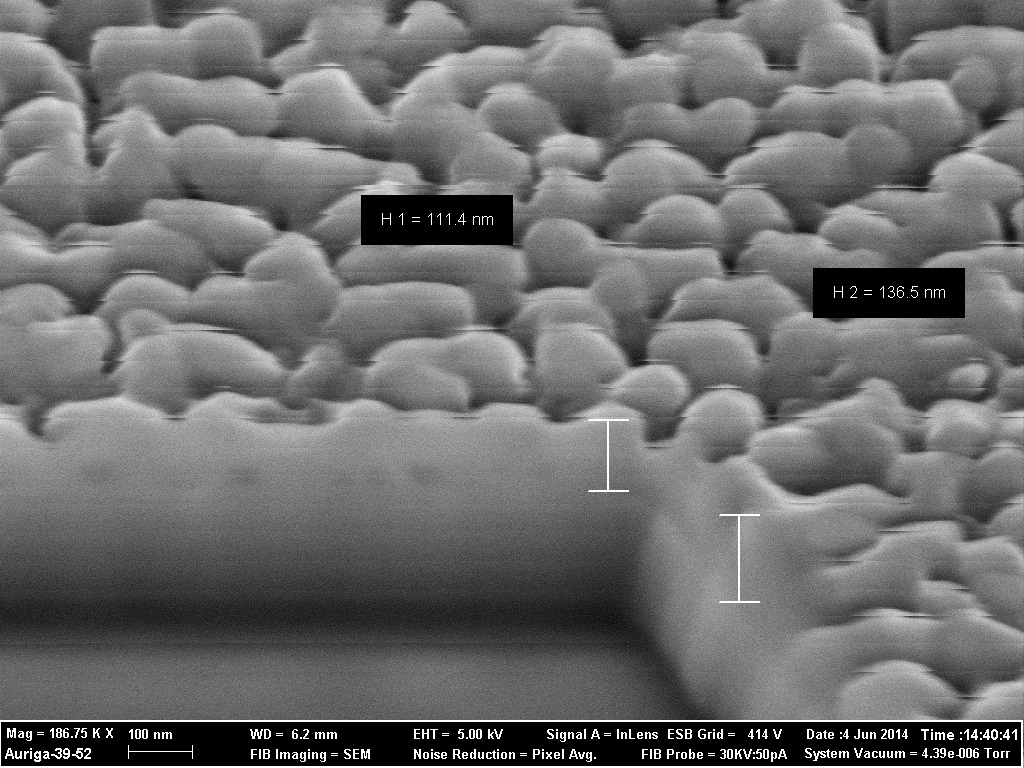 The necessity of tip's shape estimation arises very often during AFM measurements. Even if manufacturer claims this parameter with high accuracy, fast tip's wear off during scanning leads to the need of its repeated re-calculation.
The necessity of tip's shape estimation arises very often during AFM measurements. Even if manufacturer claims this parameter with high accuracy, fast tip's wear off during scanning leads to the need of its repeated re-calculation.
One of the most popular and cheapest methods to control tip's apex is so-called "blind" tip's shape estimation, suggested by J.S. Villarrubia in 1997. Now it is implemented in many different AFM-image-processing programs. But proper choice of a test sample for such investigation is also a tricky task. It should include many densely packed and respectively hard particles, which size will of the same order that tip's curvature radius.
Today we present our new product: TSD01, the test sample for tip's curvature radius estimation. TSD01 consists of large variety of densely packed particles with average diameter around 60 nm. Particles’ shape is not ideally round. Some of them are rather cylindrical, some ones have got vertical walls and sharp corners (like as on the REM photo). These features are necessary to collect enough statistics for further “blind” tip estimation using Deconvolution algorithm.
Another possible usage of this test sample - qualitative tip's quality control by simple comparison of TSD01 scans "before" and "after" scanning.
More information about TSD01 is presented on its product page. We will be also glad to discuss deconvolution method, its possible applications and correct usage of TSD01 for it. Please, contact us if any questions will appear.
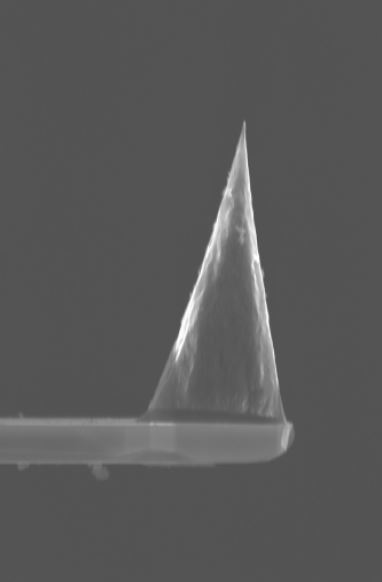 Even full automatic atomic force microscopes are not so easy equipment to deal with. Based on wide and complicated theory of surfaces' interaction AFM method is full of uncertainties. And sometimes only the experienced engineer can say, what does "that artifact" on the image really mean. The one may spend several hours to find the correct parameters... But, according to our experience, sometimes it's enough just to change a cantilever!
Even full automatic atomic force microscopes are not so easy equipment to deal with. Based on wide and complicated theory of surfaces' interaction AFM method is full of uncertainties. And sometimes only the experienced engineer can say, what does "that artifact" on the image really mean. The one may spend several hours to find the correct parameters... But, according to our experience, sometimes it's enough just to change a cantilever!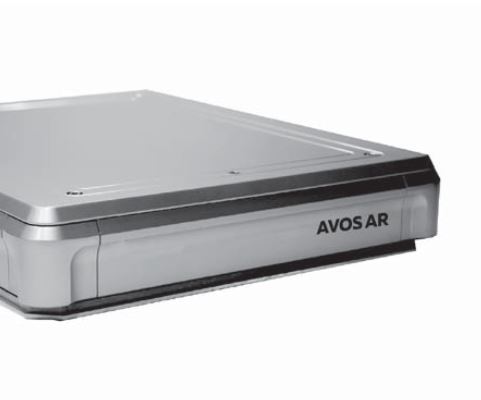
This product line is really new, and not only for ScanSens. While most of present-day vibration isolation platforms are based on piezo- actuators as active elements, our products utilize electromagnetic coils principle. This progressive technology avoids several problems, such as non-linear response and hard construction, peculiar to piezo- based devices. It allows intelligent integration of a vibration control platform depending on building and environmental properties. The same time specially developed construction provides active isolation in all six degrees of freedom.
Already being sold in several institutes, AVOS platforms have showed excellent vibration protection for various AFM and SEM models. During examination at NT-MDT SI in 2017 the engineer could easily get atomic resolution on Solver NEXT device, placed on AVOS AR module, without any additional protection.
Please, don't hesitate to contact us if any questions will appear. Basing on conditions and possible vibration sources of your laboratory we will be glad to find the best solution that will remove noise from your scans.